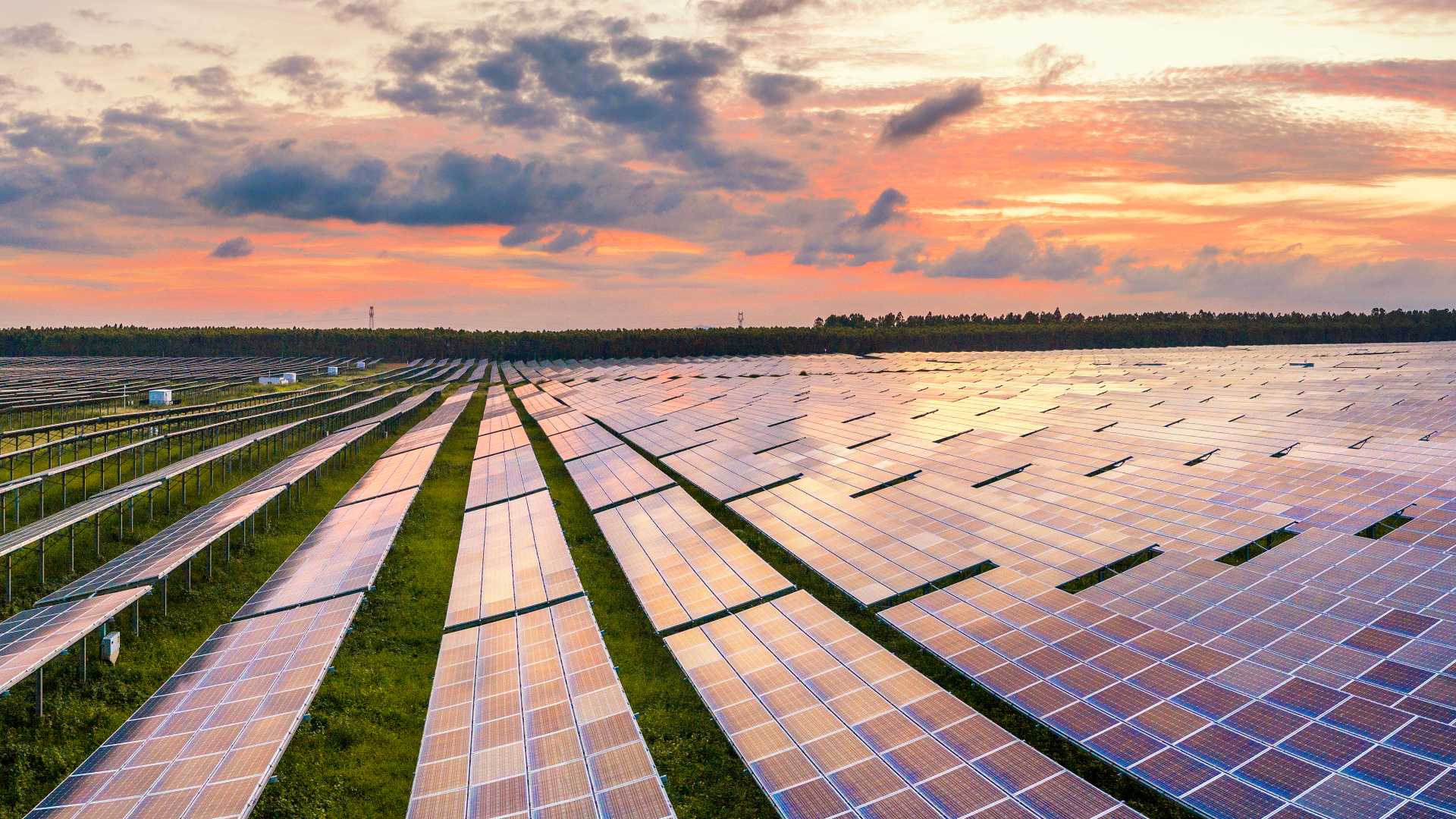CEBA Agreement with Georgia Power Opens Path To Customer-Driven Clean Energy

The Clean Energy Buyers Association (CEBA) today noted a letter agreement tied to the Georgia Public Service Commission’s approval of a settlement in Georgia Power’s 2023 Integrated Resource Plan (IRP) Update calls for the utility to develop a new customer clean energy program that would allow large customers to bring clean energy projects to Georgia Power’s system.
“With unprecedented electricity load growth in Georgia and across the nation, energy customers want to be part of the solution,” said Katie Southworth, CEBA’s deputy director of market and policy innovation for the Southeast. “We negotiated a solution with Georgia Power that for the first time would allow commercial and industrial customers to bring clean energy projects to the utility’s system. The new program the utility agreed to develop could potentially prevent the need for large additions of new gas in the future, as customers bring their own clean energy capacity to the grid.”
Georgia Power and Public Service Commission staff on March 27 reached a proposed settlement agreement in the IRP update. CEBA this month joined the settlement agreement after securing a commitment from Georgia Power to work with CEBA to develop a new customer clean energy program that will be included in the utility’s 2025 IRP request early next year. Other parties joining the settlement included Advanced Power Alliance, Georgia Association of Manufacturers, Georgia Watch, the Metropolitan Atlanta Rapid Transit Authority, Southern Renewable Energy Association, and Walmart.
CEBA staff will coordinate with CEBA members and Georgia Power to develop the program details throughout 2024, before Georgia Power’s 2025 IRP filing. Without such a program, customers have been unable to work directly with third-party developers to identify and bring clean energy projects to Georgia Power’s system.
Georgia is enjoying rapid economic growth as companies look to expand their operations in the state. This growth creates more demand for electricity, while more frequent extreme weather events continue to strain grid reliability. It is important for Georgia and the region to address this issue now with cost effective and innovative solutions that will enable economic growth, not only for large customers and other ratepayers but for long-term economic stability.
